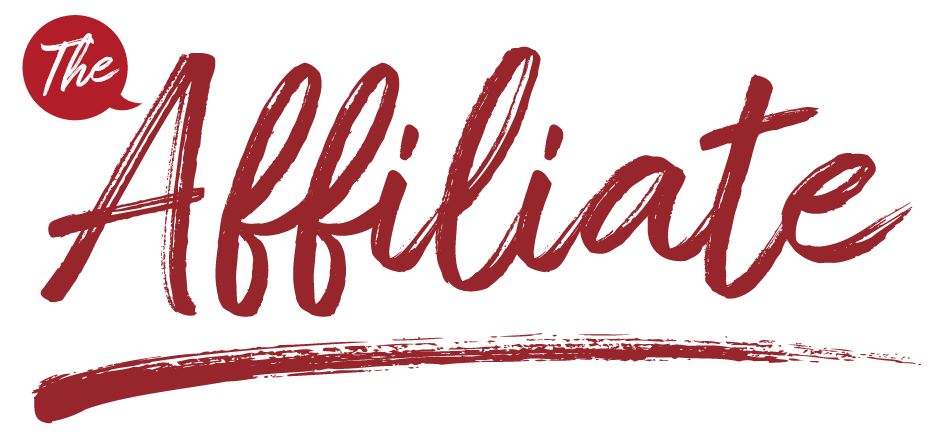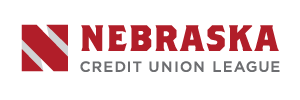Leaders in every industry are trying to digest what has happened to their businesses, their employees and their clients after having to make major changes to their operations seemingly overnight.
Leaders should be looking at lessons they learned during this crisis that they can apply now or in the future to transform and modernize the way they work. Companies and governments learned from the dot-com bubble burst in 2001 and the Great Recession in 2008; COVID-19 – complete with its unprecedented job losses and near-total shutdown of multiple economic sectors – is the latest dramatic event that has something to teach us.
So what are some of the lessons we should be taking from this crisis to get smarter and better about work? We’ve discussed this with several leaders within Servion and curated ideas put out there by leaders of other companies and universities.
Lesson: technology can’t wait
The suddenness with which most employees were sent home exposed technology gaps throughout many different industries, even at large companies. For credit unions and community banks, the technology budget is always an issue, and it appears that’s going to continue.
It is clearer than ever that investing in technology to support communication among your employees, vendors, clients and other parties should be a top priority. FIs will need to get themselves up to speed, both to modernize the workplace for the future and to prepare for any other future needs. Tools may include:
–Ensuring employees have laptops and other hardware to use at home
–Robust phone systems that allow employees to take calls at home
–Proven digital tools to host team meetings
–IT security of the highest order to fight cyber attacks
Lesson: your community can’t wait, either
Find out what your FI can do to authentically contribute to your community. Donating money may no longer be enough. The employees of tomorrow expect your company to be engaged and stand for something, so to attract talent you’ll want to consider creating or building up your community involvement.
–Consider offering free educational seminars/webinars on financial topics.
–Provide employees with paid time off to volunteer.
–Use social media to get out the message that you care.
Lesson: build up your infrastructure
To enable flexible or remote work on an ongoing basis, you’ll need to have the right infrastructure in place. This includes technology, of course, but it also includes:
–Hiring practices that function well in a remote world.
–Electronic records management
–Paper records management
–Workspace planning – social distancing looks to be the norm for a long time
–Service delivery process – how do your core operations work?
To build the infrastructure of tomorrow, make sure you FI has the right people in the right places. Is everyone in a role that maximizes their talents?
Lesson: use emotional intelligence
The old “How are you?” question just won’t cut it anymore; the answers are too complicated now. Instead, FI leaders will need to go above and beyond to inform employees about what the company is doing and, more importantly, show employees they are valued. Ask slightly deeper questions that show you’re open to a real dialogue:
–Are you taking care of yourself these days?
–What can I do to help you feel valuable right now?
–What will make you stay plugged in as much as when we were always in the office?
–What do you think about how this entire year has gone? I know it’s been really strange.
Lesson: don’t forget the frontline workers
Tellers, loan officers and other employees may not be able to work from much, if at all. Never forget that they are the ones who talk to your clients the most, so your FI should do everything it can to keep them safe and happy.
Consider updating time-off policies to allow more flexibility.
Provide PPE (gloves and masks) for employees and for clients who ask for them when they visit.
Ensure plenty of hand sanitizer and other cleaning products are available in the office.
Consider changing up your teller line if needed to ensure tellers can stay six feet apart.
We’re all entering the new world together
For better or worse, the COVID-19 crisis will force credit unions and community banks to accelerate the pace at which they evolve their operations. While not much is clear at this moment, it is safe to say that going back entirely to the way business was done pre-COVID is not an option. Fortunately, leaders and institutions can use this crisis as an opportunity for improvement and growth.
Find out what your community, clients and company value most, and work hard to deliver it.
About The Servion Group: Founded in 1987, The Servion Group is a credit union service organization (CUSO) partners with credit unions across the country. We are cooperatively owned by a group of approximately 50 Minnesota credit unions and partner with more than 400 credit unions around the U.S. Our teams provide services related to mortgage loans, business lending, residential and commercial title, real estate, and financial advisory. Learn more at myservion.com.



